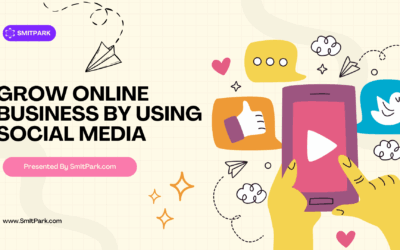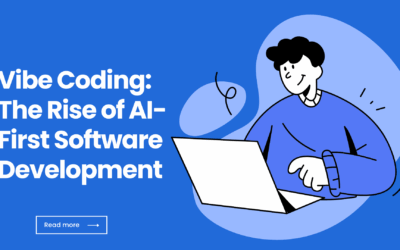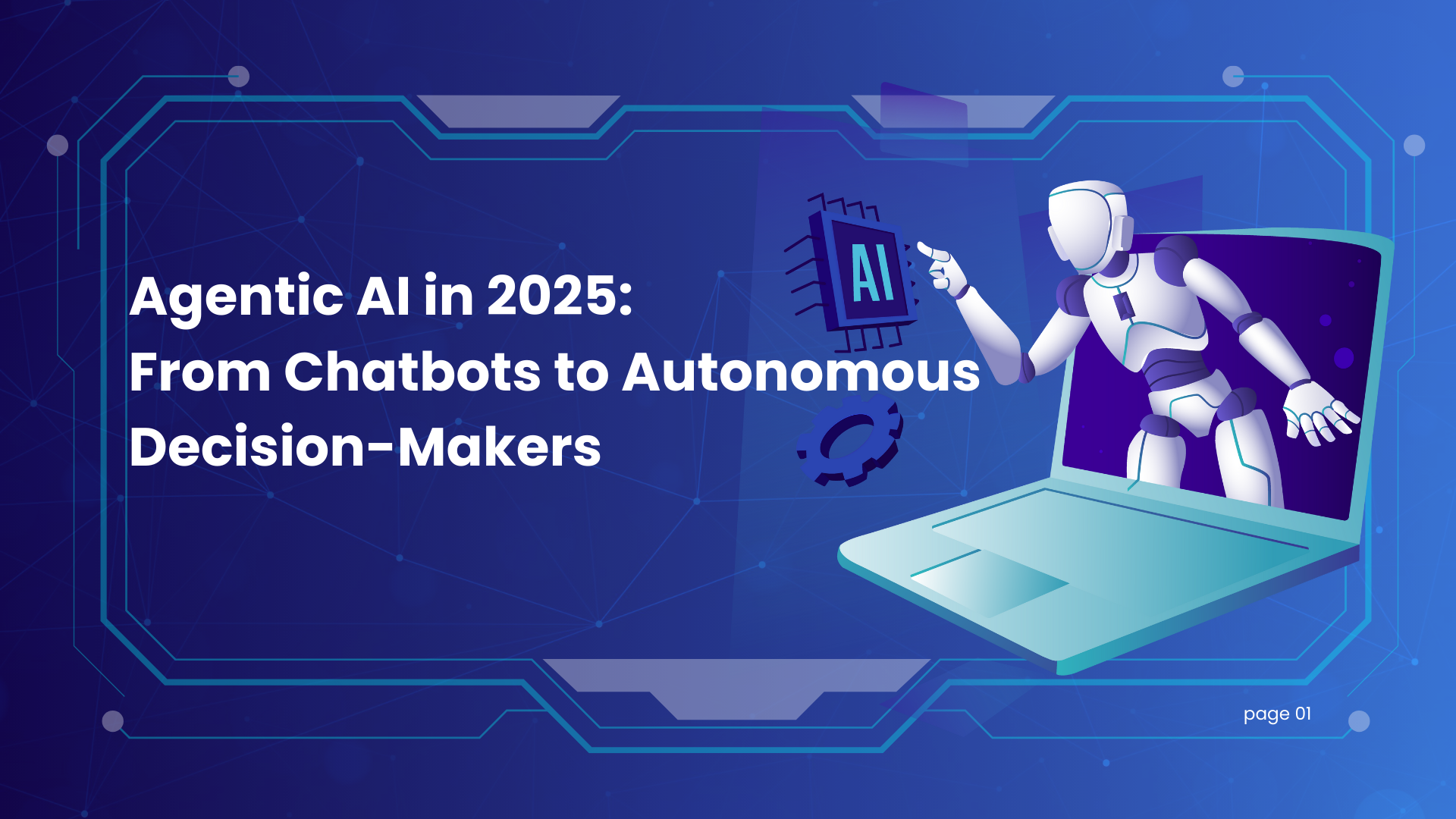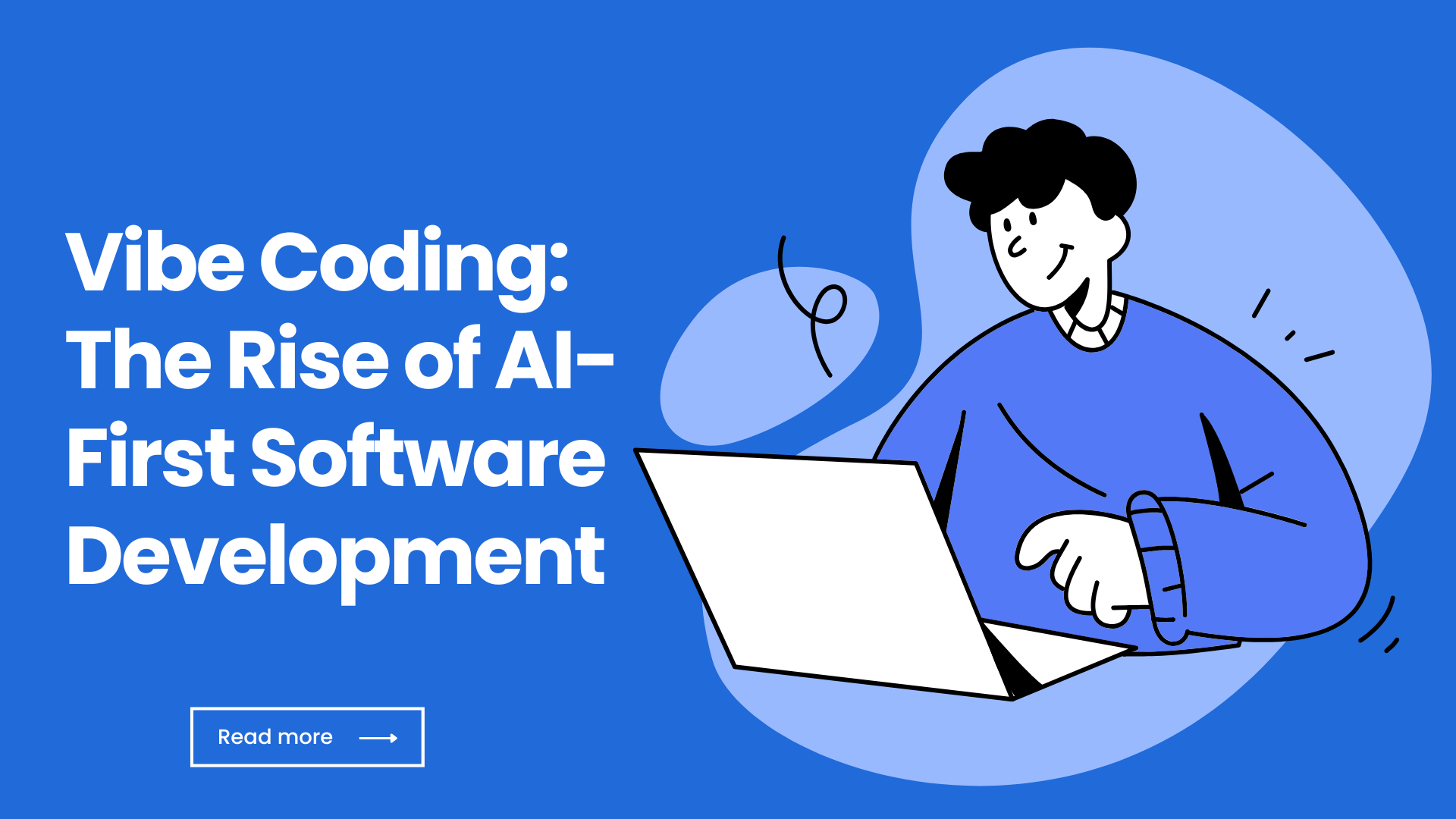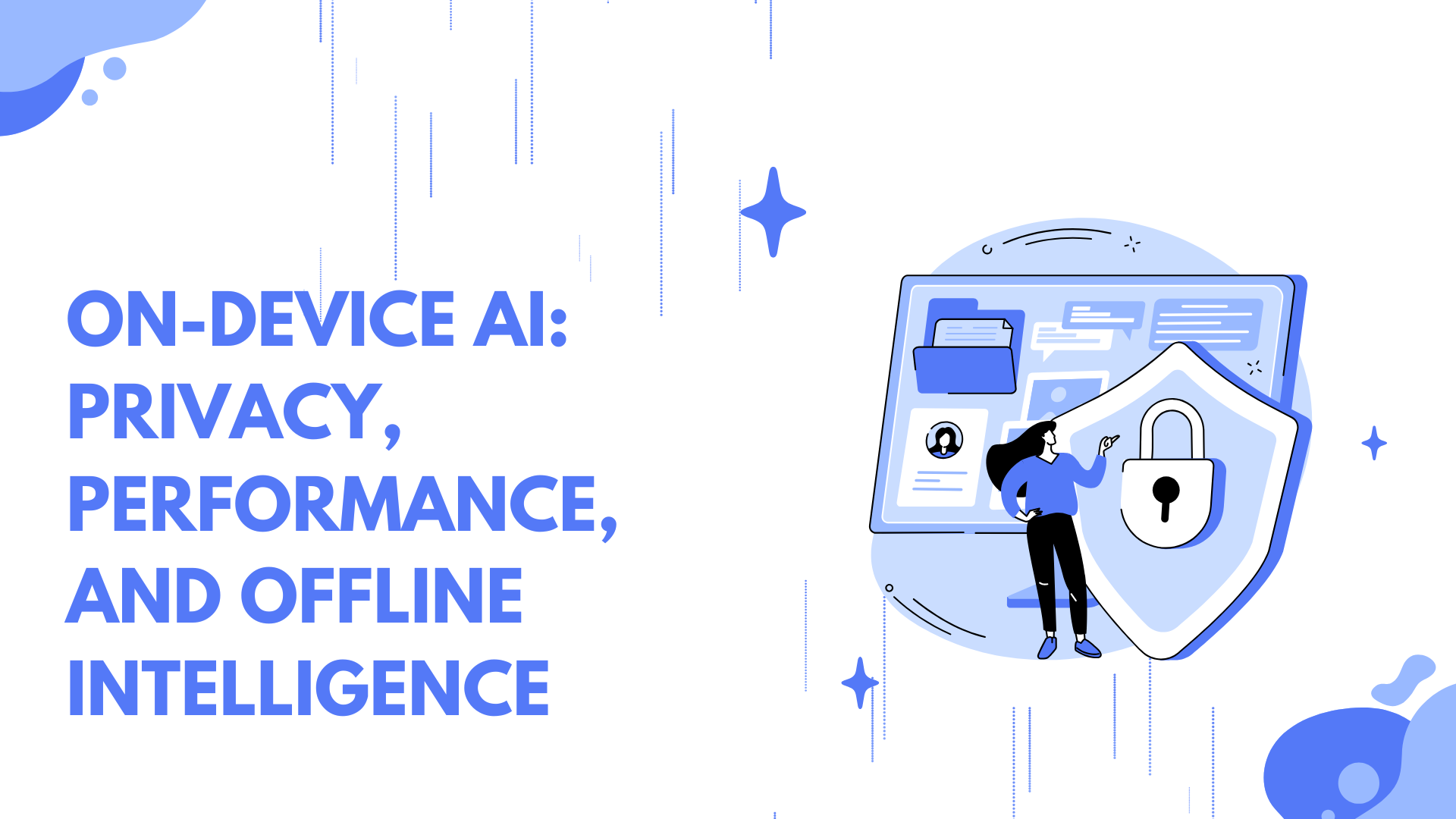Artificial intelligence has evolved dramatically over the past decade. In the early 2020s, most AI interactions were reactive: chatbots answering FAQs, recommendation engines suggesting products, or digital assistants performing simple commands. By 2025, we have entered a new era of agentic AI—systems that can act autonomously, make decisions, and pursue goals with minimal human intervention.
This shift isn’t just technical—it’s philosophical, organizational, and societal. Agentic AI challenges our understanding of work, responsibility, and trust. In this blog, we’ll explore what agentic AI is, how it differs from traditional AI, its applications in 2025, the ethical and operational considerations it raises, and the opportunities and risks of autonomous decision-making.
What Is Agentic AI?
At its core, agentic AI refers to artificial intelligence systems that possess agency—the ability to make decisions, take actions, and pursue goals based on their understanding of a situation.
Unlike traditional AI, which is reactive and instruction-bound, agentic AI:
- Initiates Actions: It doesn’t wait for explicit human instructions.
- Makes Decisions: Evaluates options, predicts outcomes, and selects actions.
- Learns and Adapts: Continuously improves decision-making from experience.
- Operates Autonomously: Can execute tasks across digital or physical environments.
In short, agentic AI behaves like an autonomous digital agent capable of pursuing objectives with measurable intelligence.
The Evolution: From Chatbots to Decision-Makers
The trajectory of AI can be understood in phases:
1. Reactive AI (2010s – Early 2020s)
- Examples: Chatbots, digital assistants, recommendation engines.
- Characteristics: Responds to commands or queries; no proactive behavior.
2. Proactive AI (2020–2024)
- Examples: Calendar scheduling assistants, smart home systems, predictive maintenance alerts.
- Characteristics: Makes suggestions and automates repetitive tasks; still constrained by predefined rules.
3. Agentic AI (2025 onward)
- Examples: Autonomous supply chain optimization, financial trading bots, AI research assistants capable of designing experiments.
- Characteristics: Sets goals, evaluates options, and acts independently while considering dynamic environments.
This evolution mirrors human learning—from reactive responses to deliberate, goal-directed action.
Applications of Agentic AI in 2025
Agentic AI is no longer theoretical. Across industries, systems with real agency are transforming workflows, operations, and human-AI collaboration.
1. Business and Enterprise
- Supply Chain Optimization: AI agents autonomously reorder stock, reroute shipments, and manage warehouse operations in real-time.
- Financial Trading: Autonomous AI evaluates market conditions, predicts risks, and executes trades with minimal human oversight.
- Customer Support: Beyond chatbots, agentic AI identifies patterns in customer behavior, predicts issues, and initiates resolutions proactively.
2. Healthcare
- Clinical Decision Support: AI agents analyze patient data and recommend personalized treatment plans, optimizing care while respecting human oversight.
- Drug Discovery: Autonomous AI designs experiments, simulates outcomes, and prioritizes research pathways, accelerating innovation.
- Hospital Operations: AI manages staffing schedules, inventory, and patient flow, improving efficiency.
3. Autonomous Vehicles and Mobility
- Self-driving cars now operate with agentic intelligence that considers traffic patterns, weather, pedestrian behavior, and predictive maintenance.
- Drone fleets autonomously deliver goods, coordinate airspace, and respond to unexpected obstacles without human intervention.
4. Education and Personal Assistants
- AI tutors identify gaps in student learning, adapt curricula dynamically, and intervene to improve outcomes.
- Personal AI agents manage schedules, financial tasks, and digital wellbeing proactively.
5. Research and Innovation
- Scientific research agents can design experiments, simulate models, and propose hypotheses without constant human guidance, significantly accelerating discovery.
Key Technologies Enabling Agentic AI
Several technological advances have converged to make agentic AI feasible in 2025:
1. Advanced Language Models
Generative AI, like GPT-4 and its successors, enables understanding, reasoning, and complex decision-making in natural language contexts.
2. Reinforcement Learning and Multi-Agent Systems
Reinforcement learning allows AI to optimize actions based on rewards and feedback, while multi-agent systems enable collaboration or competition between AI entities.
3. Edge and On-Device Intelligence
Agentic AI can operate locally or across distributed networks, reducing latency and improving autonomy.
4. Integration with IoT and Robotics
Physical sensors, smart devices, and robotic systems give AI agents real-world interfaces to perceive and act.
5. Explainable AI (XAI)
Understanding agentic AI’s decisions is crucial for trust. XAI frameworks allow humans to trace, interpret, and validate AI actions.
Benefits of Agentic AI
The rise of agentic AI brings transformative benefits:
- Efficiency: Autonomous decision-making reduces delays in operations.
- Scalability: AI agents can manage large-scale tasks beyond human capacity.
- Innovation: Accelerates discovery in science, medicine, and technology.
- Personalization: Proactively tailors experiences and interventions in real-time.
- Resilience: AI can adapt to changing conditions faster than static rule-based systems.
Challenges and Risks
Despite its promise, agentic AI raises complex challenges:
1. Ethical Considerations
- Who is responsible for AI decisions that cause harm or loss?
- How do we ensure fairness and prevent bias in autonomous decision-making?
2. Control and Oversight
- Maintaining a human-in-the-loop is critical, but autonomy complicates governance.
- Over-reliance on agentic AI could erode critical human skills.
3. Security and Safety
- Autonomous agents can be targeted by adversarial attacks.
- Malfunctioning agents could act unpredictably in critical systems.
4. Transparency and Trust
- Users need clear explanations for AI actions to adopt agentic systems confidently.
- Opacity can erode trust and limit adoption in sensitive domains like healthcare and finance.
5. Regulatory and Legal Frameworks
- Legal systems are still adapting to assign liability and compliance rules for autonomous AI decisions.
- Global standards for safe and ethical agentic AI are still in development.
Designing Agentic AI Responsibly
Responsible deployment of agentic AI requires integrating ethics, transparency, and human oversight:
- Human-in-the-Loop Design: Humans remain in supervisory roles for critical decisions.
- Explainability: Systems provide interpretable reasoning for their actions.
- Bounded Autonomy: AI agents operate within defined ethical and operational limits.
- Continuous Monitoring: AI behavior is tracked, logged, and audited in real-time.
- Inclusive Design: Systems are designed to reduce bias and ensure equitable outcomes.
The Future of Agentic AI
By 2030, agentic AI is expected to be ubiquitous across sectors:
- Hybrid Human-AI Workflows: Humans and AI agents will collaborate seamlessly, each complementing the other’s strengths.
- Fully Autonomous Research Labs: AI-driven labs capable of designing experiments, generating hypotheses, and reporting results autonomously.
- Smart Cities: AI agents manage energy, transportation, waste, and safety systems in real-time.
- Personal AI Ecosystems: Autonomous personal assistants manage finances, health, education, and entertainment proactively.
The defining trend is proactive, goal-directed intelligence that augments human capabilities while raising new societal and ethical questions.
Conclusion: From Tools to Agents
Agentic AI represents a profound evolution in artificial intelligence—from reactive tools to autonomous agents capable of decision-making. By 2025, these systems are moving from experimental labs into real-world applications, fundamentally changing how we work, learn, and interact.
The promise is enormous: increased efficiency, faster innovation, personalized experiences, and autonomous management of complex systems. But this power also brings responsibility. Designing, governing, and integrating agentic AI ethically is as critical as developing the algorithms themselves.
The next era of AI isn’t just about smarter machines—it’s about machines that act as autonomous collaborators, partners, and agents in our world. Understanding, guiding, and governing these agents responsibly will determine whether their impact is transformative—or disruptive.



